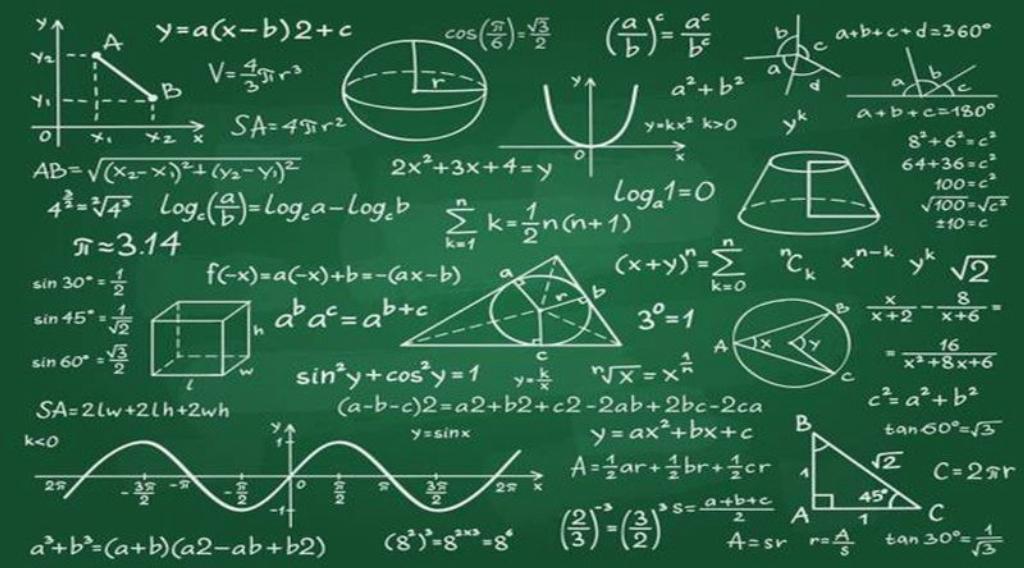Africa-Press – Cape verde. Three years after the introduction of Mathematics in all areas of secondary education, from the 10th grade onwards, students and teachers consider the measure positive, despite challenges such as the lack of teaching materials.
The decision to include Mathematics in all areas of secondary education, namely in the areas of Humanities and Arts, which previously did not include the subject, was implemented in the 2022/2023 academic year, within the scope of the national curriculum review, with the aim of better preparing students for academic and professional life.
In an interview with Inforpress, the creator of the subject’s curriculum, Agostinho Monteiro, explained that the program developed aims to respond to the demands of the globalized world, with the main objective of providing students with essential mathematical knowledge, such as logic, statistics and election systems, which are useful for both professional and personal life.
As he explained, topics such as logic, voting systems, balanced sharing and statistics were introduced to help students think better, argue and understand everyday situations, and have had positive feedback from both students and teachers.
“In these three years I have heard very positive feedback, both from teachers who worked with the subject, as well as students from the humanities area who have also enjoyed the subject, which was previously viewed negatively, but now, with the introduction of the subject, we can see that there is very positive feedback in relation to the introduction of Mathematics in the humanities area”, he reinforced.
In turn, the coordinator of the subject at Achada Grande Secondary School, Mário Fernandes, explained that the content taught through the program has an approach applied to reality.
“We talk about everyday mathematics, such as population models, financial calculations and graphs. This sparks students’ interest and shows that the subject is connected to real life,” he said, emphasizing that mathematics is no longer seen as “a seven-headed beast.”
According to the person in charge, the outcome of the three years of implementation is positive, with visibly satisfactory performance, with students showing interest, commitment and notable progress in the subject, demonstrating good acceptance and understanding of the content.
However, he pointed out as obstacles the lack of suitable teaching materials and limited teaching time, especially to delve deeper into more complex topics.
“Despite this, teachers recognize the importance of the subject. And the Ministry of Education has already guaranteed that the new textbooks for the 10th and 11th grades will be available from the next school year (2025/2026),” he added.
Leandra Monteiro, an 11th grade student at the same school, considered the subject “easy, interesting and very important”, highlighting the usefulness of the content for the future.
“It addresses topics that are part of our daily lives and that we can use in our everyday lives. I think it makes a difference for all of us,” he said.
The young woman believes that the subject is useful for the future and said that her colleagues are also motivated, mainly because they see the practical application of the content.
A student who preferred to remain anonymous said that at first it was difficult to accept the subject, as he chose the Humanities area precisely to get away from Mathematics.
However, over time and as he got to know the content, he started to like it, because it deals with topics related to everyday life, which are useful and make perfect sense to learn.
The introduction of Mathematics in all areas was presented by the Ministry of Education as a three-year experimental measure.
The national director of Education, Adriano Moreno, clarified, at the time, that this is not a question of standardizing teaching, but of responding to the needs of the market and higher education.
For More News And Analysis About Cape verde Follow Africa-Press






